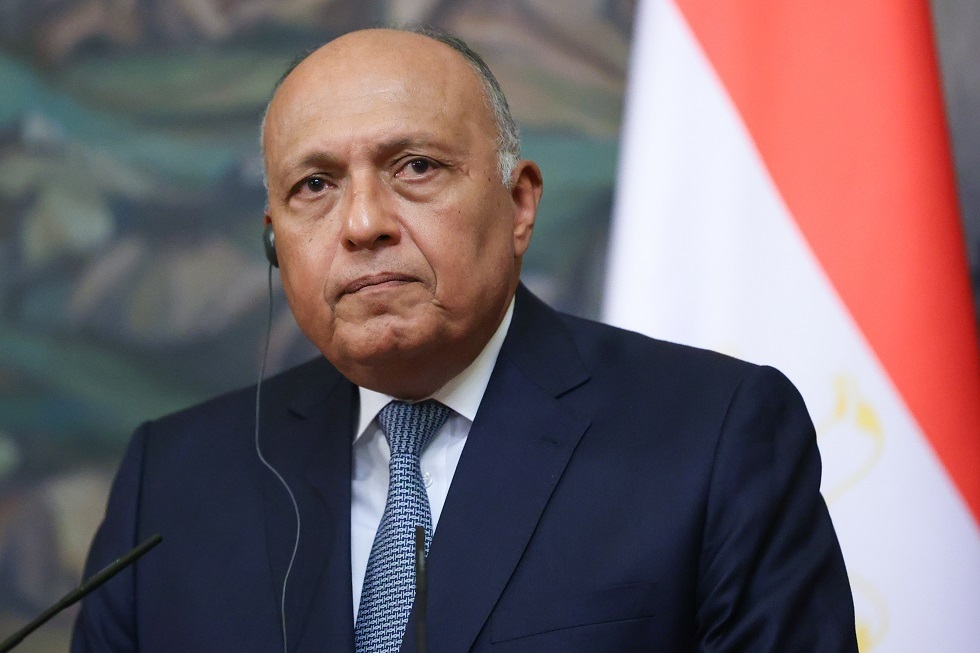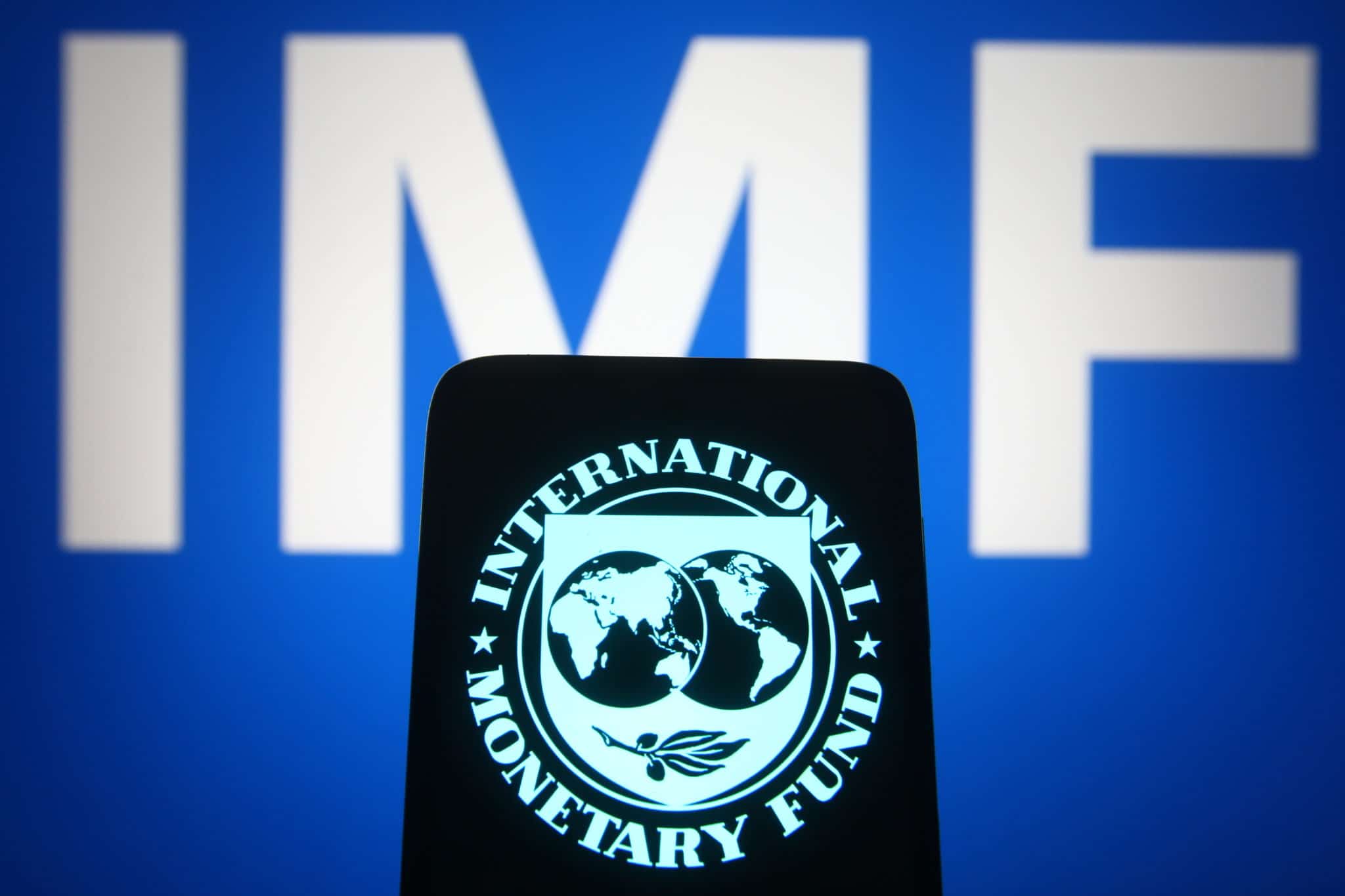The Division President, Sub-Saharan Africa – Mastercard, Mark Elliott, in this engaging interview with the African Leadership Magazine, speaks on Mastercard’s contributions to financial inclusion in Africa, support for African SMEs and promotion of the continent’s digital economy. Excerpts:
Can you share some of your companyʼs efforts in the past one year towards creating pathways for financial inclusion in Africa?
In Africa, Mastercard is directly contributing to the building of robust digital payments ecosystems that support the continentʼs potential for economic transformation. To meet Africaʼs unfulfilled demands for goods and services, close infrastructural gaps, create jobs, displace cash, and decrease poverty, Mastercard is bringing together an entire ecosystem of key players at different touch points to deliver digital solutions that have a far-reaching impact.
One of the areas we, as a company, are innovating for impact is in financial and digital inclusion. In 2020, Mastercard doubled down on its financial inclusion commitment to connect a total of 1 billion individuals and 50 million micro and small merchants to the digital economy by 2025 – with a direct focus on 25 million women entrepreneurs. To reach this goal, we developed and launched several technology innovations in partnership with our customers in Sub-Saharan Africa.
For example, last year Mastercard teamed up with MTN, a mobile network operator in Africa, to bring more digital services to MTNʼs platform. That work puts data analytics and payments tools right on the phones of local entrepreneurs, helping them manage their businesses. We are also working with mobile network operators to reach more people with financial and digital literacy programs.
In South Africa, we funded two entrepreneurial development programmes in 2021 run by non-profit Junior Achievement South Africa, which saw more than 180 young women gain entrepreneurial skills to start or grow their own businesses. And in Kenya, Mastercard partnered with Unilever and Kenya Commercial Bank (KCB) to offer new lending models for micro-merchants. The JazaDuka program gives small shop owners short-term credit and digital payment capabilities to help them build their creditworthiness and stock their shelves without having to rely solely on cash. And recently, we teamed up with Kasha, the purpose driven digital retail and distribution platform, to include an additional 5000 Micro Small and Medium-Enterprises into the program.
These are just a few examples of how Mastercard is driving Africa’s digital transformation with the goal to create a digital economy that works for everyone, everywhere.
You recently launched the Digital First program in Africa and other regions. Kindly tell us about your program and successes in promoting the agenda of a digital economy in Africa?
For the digitally connected consumer who seeks immediacy and convenience, Mastercardʼs Digital First program delivers an innovative and secure experience that makes it easier to pay and enjoy the value of the card in ways that personally matter.
Backed by the speed and security of Mastercardʼs global network – including the Mastercard Processing platform to enable instant issuance – the Digital First program offers consumers the ease of applying online, instant digital card issuance, real-time card management and secure, straightforward online payments.
Mastercardʼsʼ Digital First program gives consumers a whole host of options in making payments – from ecommerce to contactless to QR, using any digital device of their choice. It also enables consumers to have control to manage their finances, as well as enhanced security for peace of mind. Not to mention, consumers get to interact with card benefits and offers that deliver real value in moments that matter to them.
Mastercard is enabling our customers to innovate faster by providing a network of partners that support each step of the consumer digital journey – from acquisition and card usage to management and engagement, with a physical card option. Building a robust network of qualified enablers is helping customers quickly launch digital products from the ground up.
For the Digital First program in Sub-Saharan Africa, the Mastercard network includes a cohesive list of Digital First partners including technology and fintech players who have the expertise to simplify the process of bringing best-in-class capabilities into the issuer environment. This means that our customers can leverage the excellent global partnerships with end-to-end Digital First enablers, such as Thales, Network International and Verestro, along with regional partners with stellar reputations, such as Ukheshe, and Paymentology.
Together with Mastercard, these players work with issuing banks to ensure the foundational requirements of the Digital First Card Program are met, which has been built to deliver an optimal and secure consumer experience, while connecting more people to the digital economy.
It is estimated that SMEs make up 90% of the private sector in developing nations and provide an estimated 80% of jobs across the African continent, which makes it an important driver of economic growth. What are some of your contributions and achievements in supporting SMEs growth in Africa?
A stable, growing, connected small business can be the key to financial inclusion for the whole community. As a technology company, Mastercard has leveraged the power of partnerships to deliver inclusion by providing financial, technology, product, and services support to small, micro and medium enterprises across Africa.
SMEs have been trending toward digital banking and payments for a while, but Covid-19 has accelerated this shift. In fact, 82% of the SMEs surveyed in our Global State of Pay report said they were interested in increasing the number of digital payments they make, and they’re looking for low-cost solutions that are simple and easy to use.
That goes for acceptance too. Although digital adoption has been growing before Covid-19, the pandemic has highlighted the importance of digital payment acceptance as part of staying open, securing income, and boosting growth. While small businesses traditionally lagged larger ones in omni-channel presence, the trend of shopping from home, and the need for touch-free payments in-store ignited a need for them to accept digital payments.
For example, when we realized that the most urgent need of SMEs in South Africa was to start selling online using e-commerce without having access to tools or knowledge, our collaboration with Standard Bank resulted in a solution that helps businesses move online and accept digital payments. The online solution involves having a dedicated website in a matter of minutes, receiving orders, accepting payments, and finding a delivery partner.
New technologies like Mastercardʼs Tap on Phone, which turns an Android phone into a contactless acceptance device, is further helping small businesses to adapt. For microbusinesses who largely operate in the cash economy, Mastercard Quick Response (QR) code technology provides a simple and more affordable solution to accept card payments than traditional POS devices for both online and face – to- face transactions.
We also aim to expand the contributions of women entrepreneurs and are committed to advancing social progress to provide financial literacy training and encourage the growth of entrepreneurship especially among women. When everyoneʼs talents are included, we unlock new ideas to solve the worldʼs most pressing problems.
Through the Mastercard Centre for Inclusive Growth, we awarded a women-owned and led business, The OmanessSkinfood Company, with a grant to expand their business in Nigeria. Our support provided the skinfood merchants with microinventory credits, marketing support and business development training, enabling them to start a profitable business, alongside opportunities to sell more, earn more, scale faster and ultimately benefit from a sustainable income.
According to available data, the agricultural sector in Africa can help reduce poverty, raise incomes and improve food security for 80% of the world poor, yet only 3% of the sector receives banking credit, limiting the sectorʼs capacity to grow. Therefore, kindly tell us about the Mastercard Farm Pass and your contributions towards changing the narrative.
In Africa, farmers face significant challenges, including limited access to markets, access to working capital to secure quality seeds and pesticides, and access to relevant financial tools to pay and get paid efficiently. This has led to insecurity, inefficiencies, and a waste of resources and food, preventing farmers from running sustainable businesses.
To help smallholder farmers overcome these challenges and transition from subsistence to commercial farming, Mastercard launched a digital platform in 2015 called Farm Pass, bringing together various agri-sector stakeholders from the supply and demand sides in one agricultural marketplace. Smallholder farmers can sell their produce at a better price, access quality inputs and farming information, get paid and pay digitally and develop a financial profile that can unlock financing opportunities for working capital and inputs Across Africa, Farm Pass has already helped nearly 670 000 smallholder farmers access better prices. It is transforming agricultural ecosystems and connecting farmers to the formal financial system, also providing them with a digital record that could support future loan applications. During the pandemic, farmers were able to sell produce at 25%-50% higher prices by connecting directly with buyers in Farm Pass, even though local markets were closed.
Soon, more farmers will discover its benefits as a result of the partnership between Mastercard and Ecobank Group, which will see Farm Pass rolled out to 33 countries across Sub-Saharan Africa, growing the solutionʼs footprint beyond Uganda, Kenya and Tanzania where it is currently live. And as more farmers move from subsistence to commercial farming, it will in turn stimulate agricultural growth, increase competitiveness, and improve food security in Africa – which has also experienced the knock-on effects of disrupted supply chains due to the Ukraine crisis.
Farm Pass is part of Mastercardʼs strategy to connect underserved communities to essential services through Community Pass, a shared interoperable digital platform that supports the companyʼs commitment to connect one billion people and 50 million small and micro businesses to the digital economy by 2025.
Mastercard was recently conferred with the African Business Integrity Leader Award during a ceremony held at the House of Lords in London, United Kingdom. What does this mean to the organization?
Winning such a prestigious award is an absolute honour for us as an organization. This award is a testament to the confidence our partners continue to put in our brand, products, and solutions. For more than 50 years, weʼve been using our technology and expertise to make payments safer, simpler and seamless.
We leverage technology to deliver solutions that solve real pain points and strategically partner with a wide variety of stakeholders including fintechs, financial institutions, telcos, retailers and governments, to make the digital economy work for everyone.


